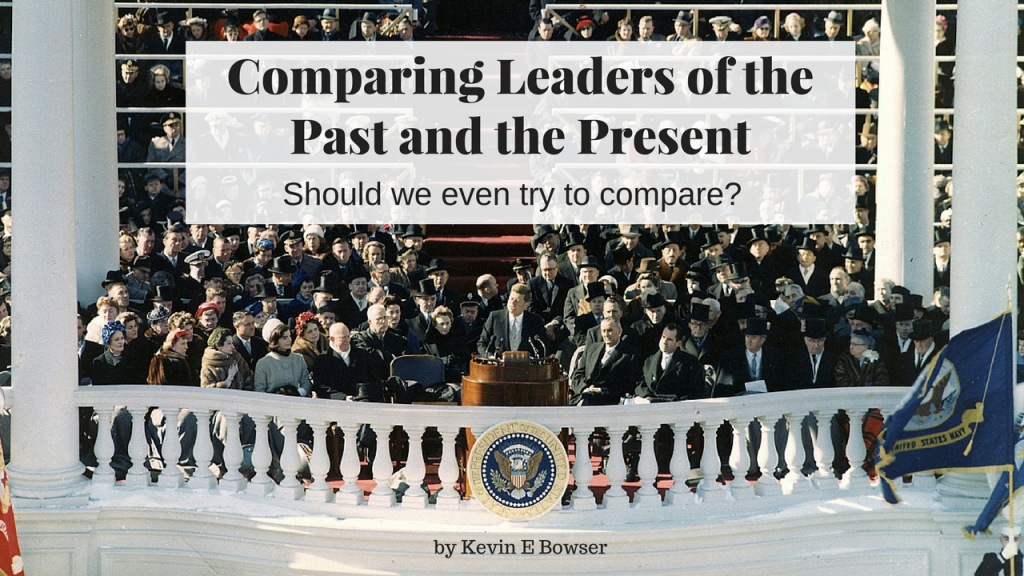Everything does not rise and fall based upon a well thought out and proper plan when it comes to leadership development. You may think so based upon the content of my previous article on this topic. A good plan is important. A good coach is of equal importance.
That is especially true of certain leadership situations where there may be greater leadership experience existing among the “led” than what exists within the leader. The challenge is for the “shepherd” to be able to accept leadership coaching and guidance from one of the “sheep.” So, in reality, a willing client is vital to the overall success as well.
An Acceptable Coach
The best leadership development programs include a strong central coach and a secondary coach, who share years of practical leadership experience with demonstrated success and who have effective interpersonal instructional skills. It is important to look outside of the existing circle of peer leaders in the leader’s existing circle of influence. Peers often make horrible coaches or mentors because there is too much of shared intimacy, shared frustrations, or shared deficiencies that neither recognize in the other. Instead, focus on those who possess this experience and who have the skills to work with people in a 1-on-1 situation.
Peter Drucker once said, “Management is doing things right; leadership is doing the right thing.” Make sure coaches are coaching leaders to lead others, not teaching basic management skills. We will worry about leaders leading and creating other leaders later in the process.
Traits of an Acceptable Coach
There are many traits or attributes that describe great coaches. And my list is not exhaustive. Neither is it in any particular order. It does, however, provide some traits that would make a coach acceptable to most clients. Now, whether the leader will accept them is a different story. And I refer you back to my thoughts earlier about a shepherd accepting guidance from one of the sheep.
Honesty — A coach must be honest. They must be willing to answer tough and pointed questions by the client. Telling a client what they want to hear is not helpful and beneficial to the intended outcome.
Integrity — A coach must be above reproach and have zero ulterior motives regarding the client. They must not push them in a direction that is beneficial to no one but the coach.
Self-Awareness — A coach must be aware of their own strengths, weaknesses, shortcomings, and areas where they struggle the most.
Social-Awareness — A coach must be constantly mindful of the flow of interaction between their self and their client.
Gentle — A coach must be gentle. They must recognize that the client is extremely vulnerable during a coaching engagement.
Confrontational — A coach must at times be confrontational. The nature of a coaching relationship may require confrontation of habits or behaviors that are contrary to good leadership.
Clarity — A coach must be clear about where the client is and where they are trying to guide them. Clarity is more important than agreement.
A Willing Coach
Is the coach willing to take on a client at this point in their life?
Click here to read the rest of the article »











